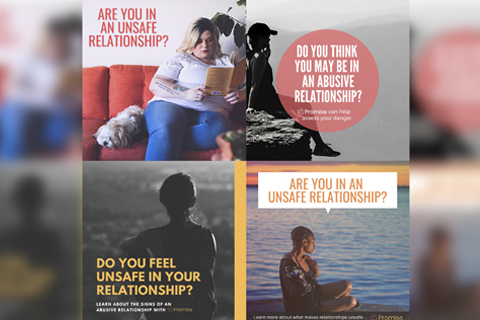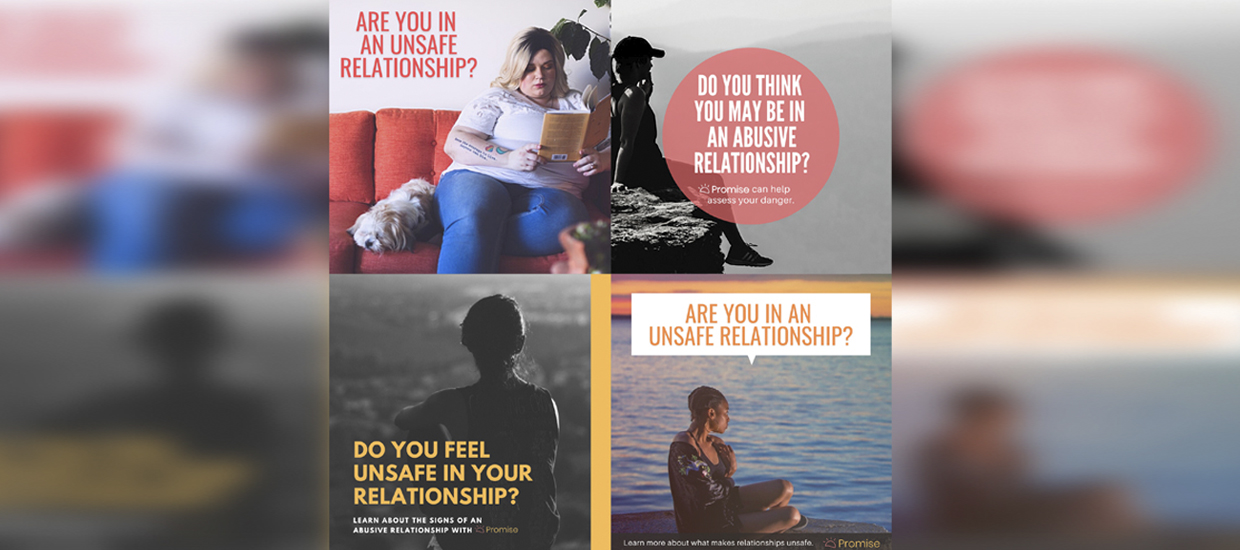What if you could fit a lifeline in the palm of your hand? PROMiSE stands for PROMoting Safety in Emergencies. Found at WithWomenPromise.com, it is an app that helps users in at-risk relationships identify resources and establish safety plans based on the level of danger being experienced. PROMiSE gives guidance appropriate to the current situation, from stowing small amounts of money and making copies of important papers to logging abusive incidents and, in extreme cases, dialing 9-1-1.
Assistant Professor of Clinical Nicholas Metheny is co-Principal Investigator of the Canadian research team that developed the PROMiSE app after gathering input from over 100 survivors of intimate partner violence (IPV) and IPV service providers. “The women we interviewed told us that since users would likely be accessing this content in close proximity to their abusers, the app would need to be disguised in a way that doesn’t raise suspicion,” he explains.
With funding from St. Michael’s Hospital Foundation, Metheny and Patricia O’Campo, of the MAP Centre for Urban Health Solutions in Toronto, designed the digital tool to look like a home furnishings shopping site on the surface, but embedded it with a risk survey and local resources tailored to the Greater Toronto area, where Metheny was based before joining the School of Nursing and Health Studies last year.
“Gender-based violence has increased significantly because of the strain COVID-19 is placing on individuals, relationships, and our entire social fabric,” says Metheny. “This app is meant to capitalize on safety plans and safety planning activities, while providing linkages to resources that are still up and running or available to help people in different ways than they did before COVID-19, such as through telehealth or home visitation.”
Metheny and the team learned that COVID-19 decimated traditional resources like shelters and hotlines and made traditional advice for individuals experiencing IPV less relevant in some cases due to quarantine and isolation guidelines.
“Of course, users still have access to local IPV services and support, but we hope this app empowers women to plan for their safety in ways that are feasible and safe. We are also working on integrating the app into outpatient clinics in Toronto so that women can access it before seeing their provider,” says Metheny, noting that the source code for the app will also be made available to anyone who’d like to adapt PROMiSE to their local community services.
Metheny was in his first semester of college when he began giving presentations on dating violence. Now a nurse and public health scientist, he has been focused on research related to intimate partner violence ever since.
“Intimate partner violence is happening all around us,” he says. “We need programs and interventions aimed at maximizing the safety of those who are experiencing it now, but at the same time we need to be making progress on the larger, structural issues that lead to violence in the first place… Things like universal health care, marriage equality, racial justice—these can all be thought of as IPV interventions as well.”





